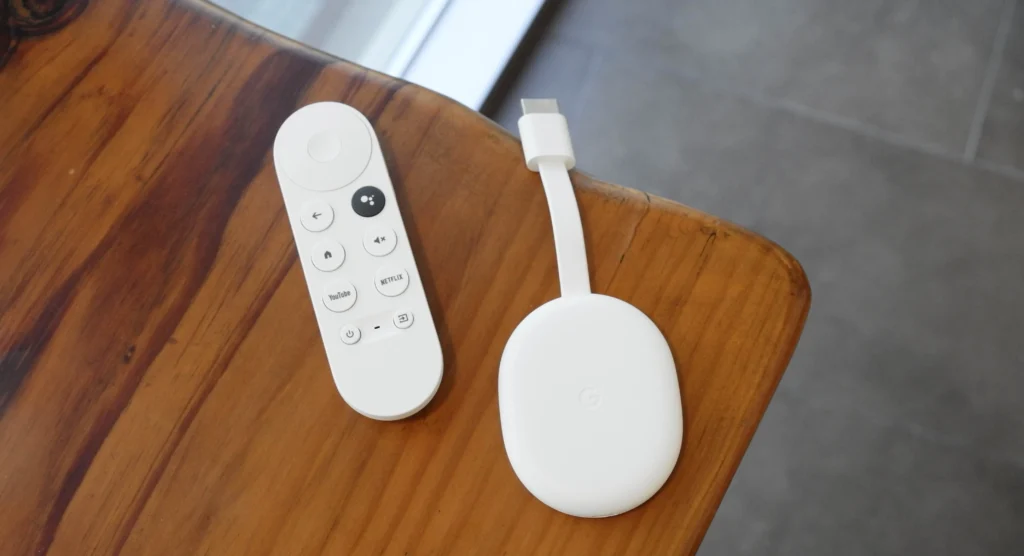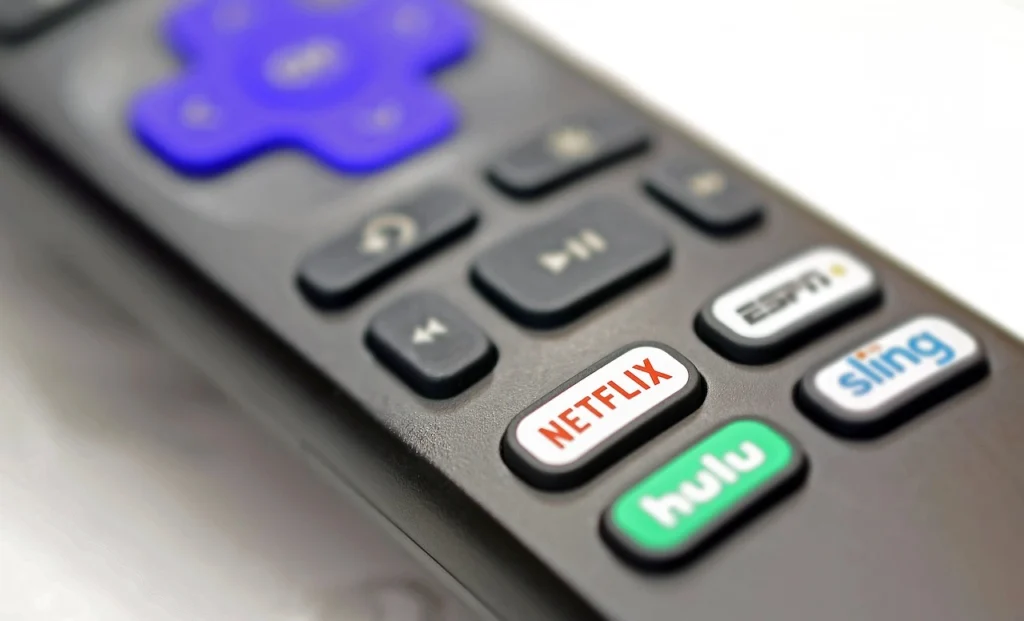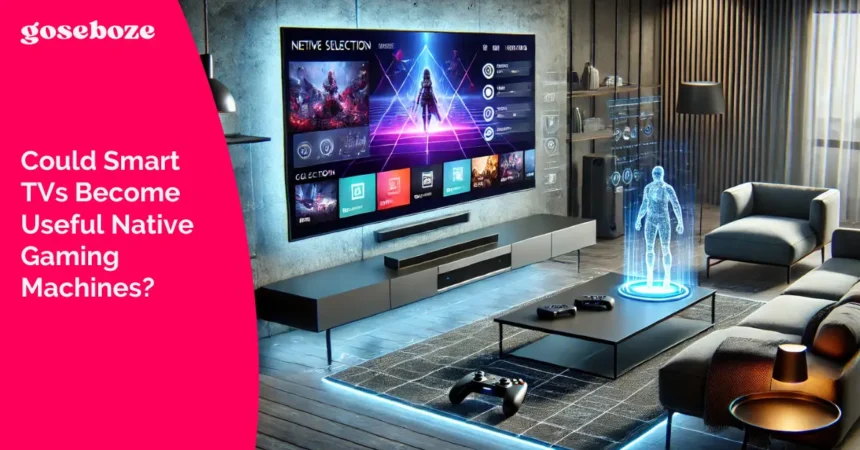If you’re a console gamer, then odds are you plug your machine into your regular smart TV. Even long before TVs were intelligent, this was just the way console gaming was done, thanks to the advantages of PC monitors in this part of the gaming space being largely unnecessary. Smart TVs are more than just output machines, however, and also offer some serious, if unexplored, potential in running complicated games straight from their hardware.
It might seem strange to think of, but the inflation of processing power and decrease in hardware costs make such use well within the realm of possibility. If we take a look at the specs of TVs, what software today requires, and some examples already setting the stage, it’s surprising that this area hasn’t been as explored as it could be.
How Fast is a TV Anyway?
A TV today doesn’t just relay audio and video, it also runs on an operating system capable of downloading and playing apps. We’ve seen this even in early models, where games like chess showed what was possible in simple terms, and these continue to find their way onto systems as free entertainment. As for what more complicated games could be possible, that requires looking at hardware specifications.

“Chromecast Google TV White” (CC BY-ND 2.0) by TheBetterDay
Unfortunately, smart TV manufacturers are notoriously tight-lipped about the processing capabilities of their hardware, but the same isn’t as true for 3rd-party dongles like the Chromecast with Google TV. This little system boasts two gigabytes of RAM, 8 gigabytes of storage, and a quad-core 1.8 GHz processor. Modern smart TVs are likely to boast similar specs, which while not impressive compared to gaming consoles or even smartphones, are still incredibly powerful from the right perspective.
Expectations and Potential
For reference, Sony’s PlayStation 2 offered 4 megabytes of RAM (500 times less) a 150 MHz (more than ten times slower) single-core processor, and no onboard storage. Despite this, the PS2 is often regarded as the best gaming console of all time, with an enormous library of amazing titles that still hold up. This inevitably raises the question: if Sony could accomplish so much on so little, then what might a smart TV do if properly utilized?
We already have a partial answer to this question from smart TV platforms which include internet browsers. A modern NJ casino app, for example, offers support for Android and Apple platforms. Though built primarily for use on smartphones and tablets, many new TVs are similarly capable of accessing these apps. This provides full access to a range of cutting-edge titles, including slots, table games, and even live experiences. Combined with the ability to collect bonuses like deposit matches and free spins, the offers on here can fully leverage the power of what smart TVs offer.

While some developers are already taking advantage of smart TV platforms, the support is still vastly underwhelming compared to what it could be. Combined with a Bluetooth controller, a smart TV has the theoretical potential to run thousands of older computer and console games, it’s just a matter of the right people investing the right time and money. There’s an untapped market here that’s screaming to be explored, and we have to hope somebody leads the way.








